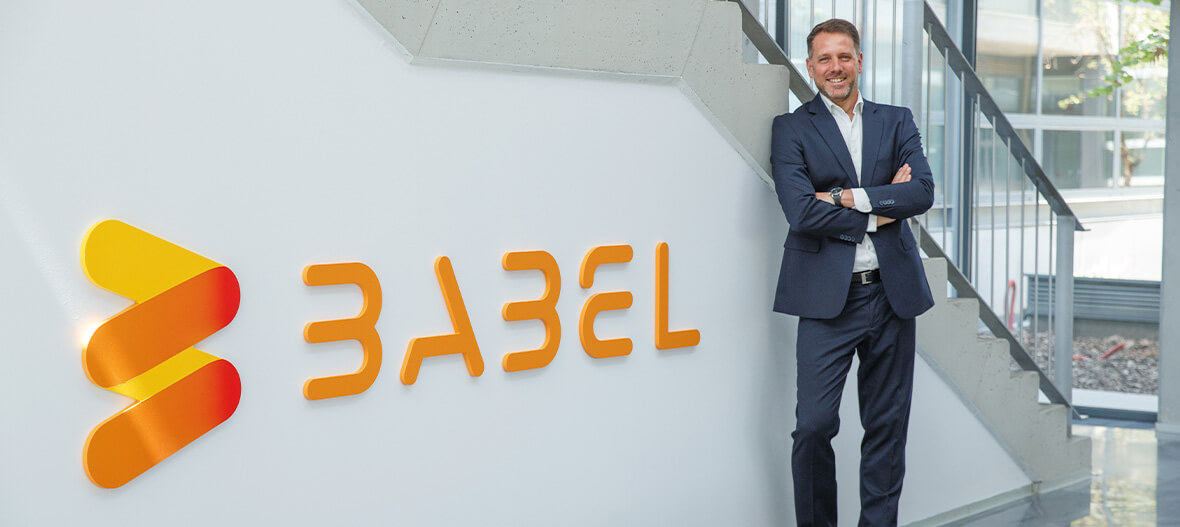In the next ten years it is expected that technological progress will be greater than what we have experienced in the last hundred years

In the professional field, and with a major impact on the social sphere, one of the major changes has probably been the implementation of remote working in a large part of the professional sectors where the activity does not require a physical presence, no longer as a possibility but as a reality to which all of us (businesses and professionals) have had to adapt, redefining many of our people management procedures and policies. And through this we have achieved something that we have long striven for: a definitive work-life balance that will enable us to strike a higher equilibrium in our dedication to our professional and personal lives.
In my opinion, hybrid working models, which combine the possibility of working wherever one prefers, according to flexible timetables, with a degree of physical presence in the office, are the ideal since they allow for optimising work-life balance. This makes it possible to increase productivity for the company as well as the worker’s convenience without completely detaching the professionals from their company so as to not depersonalise their work activity. A person’s successful and full integration into their company, the pride of belonging, the personal relationships between colleagues, the knowledge and sharing of the company’s culture and values are essential elements in their professional life, which I believe should not be lost and are fully compatible with hybrid working models. And this is where we open up another debate: the role played by offices in this new working model.
We have to abandon the idea that they are just workplaces; they are now spaces for professional and personal coexistence. A meeting place where everything should be directed towards interaction and towards generating ideas in a dynamic environment. Finding the right balance between remote work and in-person office work will be the key to successful professional ecosystems. It is based on mutual trust between the two parties, a fundamental pillar in our company culture. At Babel we have defined this new working model with a great deal of enthusiasm and courage and have so far obtained some very good results.
Without a doubt, another of the major changes, as important or more as the previous one, is that we are experiencing substantial growth in the use of technology in all sectors, in a massive and unstoppable manner. It is not a matter of merely providing digital support for processes but rather of truly and profoundly transforming them: that is what allows us to design new business models, new ways of supporting industries, maximising and radically optimising the value that technology provides for them, not only as a tool for the process but as an intimate part of it. This evolution means that technology is definitely placed at the service of people, not only from the perspective of economic efficiency but also under a concept of humanistic technology, that is, enabling an increase in people’s abilities that allows them to face challenges that would have been unimaginable a few years ago. To take one example, applying artificial intelligence is multiplying our capacity to increase our effectiveness, boosting to an unimaginable degree our ability to perform tasks of extreme complexity with the utmost efficiency.
This capacity, added to hyper-automation processes, means that tedious, repetitive and low-value tasks can be performed automatically without human intervention, thus allowing us to make human talent available for high-value tasks. And all this in a context of almost unlimited computing capacity, but always and - fortunately - increasingly under the highest levels of digital security needed for protecting what is undoubtedly one of the most precious assets of our time for us all: our data, our identity and our privacy. The future is already here and at Babel we are fully immersed in all these issues to technologically support our customers on this journey that is taking place at breakneck speed and without an easily predictable horizon.
All these changes, added to those that Babel is experiencing due to its own activity, mean that today’s company has evolved greatly from the company we were a year ago. To give us an idea, we finished 2021 with around 1,800 professionals distributed between five countries and will end 2022 with approximately 3,000 people in the group, distributed around the 14 countries where Babel currently operates, of which more than 600 are in Latin America. To this tremendous growth and expansion, we must add the transformation we are undertaking in our service offering, placing our full focus on boosting technologies such as big data and analytics, cybersecurity, artificial intelligence, cloud architectures and hyper-automation. An investment that, thanks to the huge market demand for these services, is being rewarded with formidable returns.
If the challenge of growing the size of the company by almost 40% in one year, trebling our international presence and business, and adapting ourselves to the new work formats and spaces is already exciting in itself, to do it while steadily maintaining profitability and reviewing and updating our service offering is almost equivalent to changing an aeroplane’s engines in full flight over the ocean and makes this an unprecedented adventure for all of us who are fortunate to be part of it. And always with the utmost respect for, above all, preserving the cultural values that have brought us here and that make Babel a company with a distinctive identity and a hard-to-imitate corporate model where people are the centre of everything and it is their attitude that makes us different.
Why are companies failing to implement business agility?
NEXT ARTICLE

